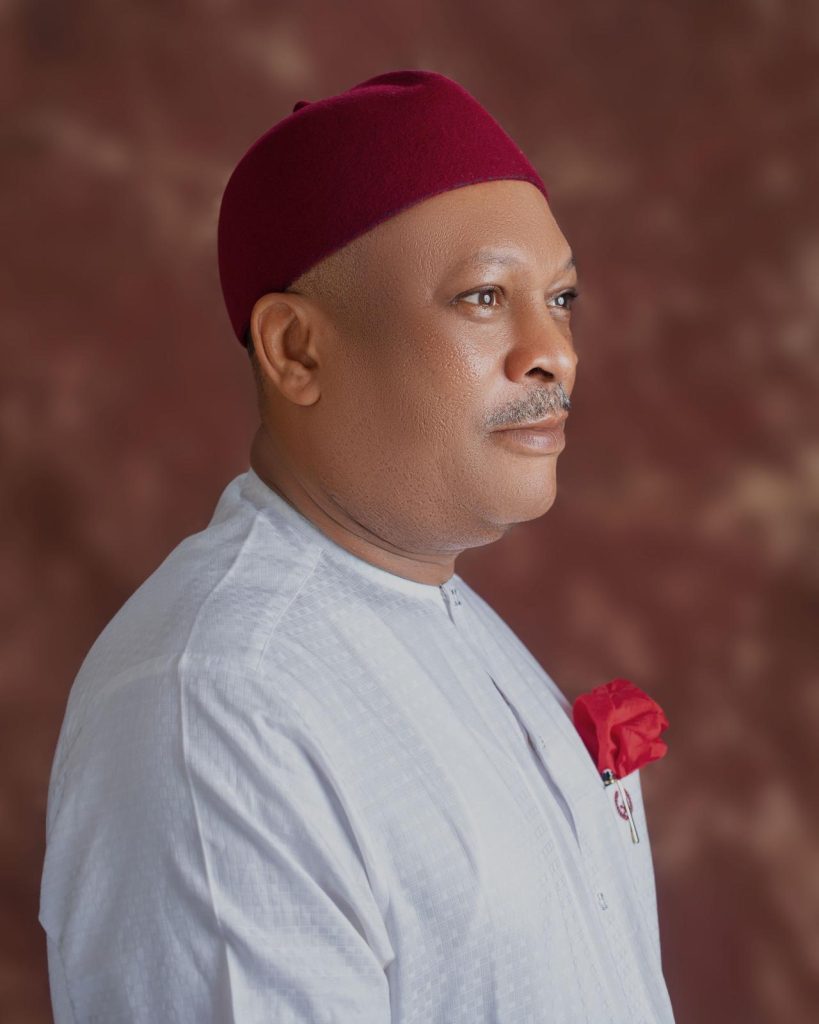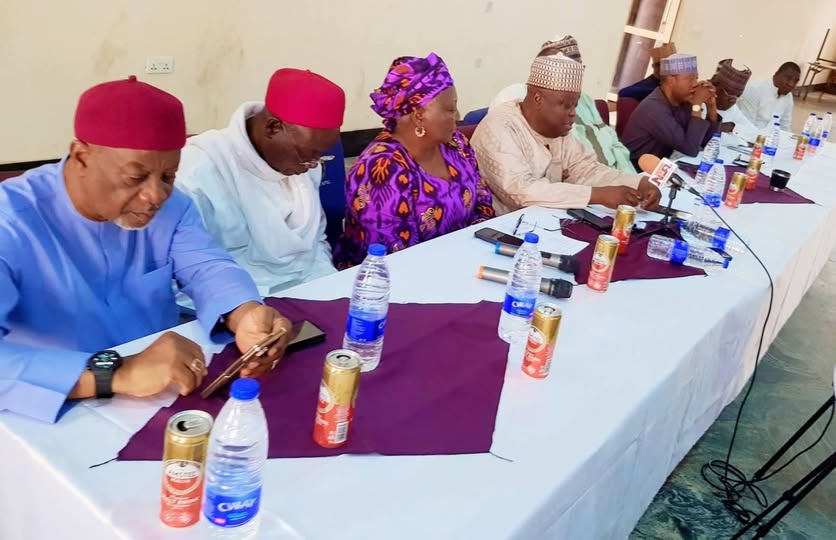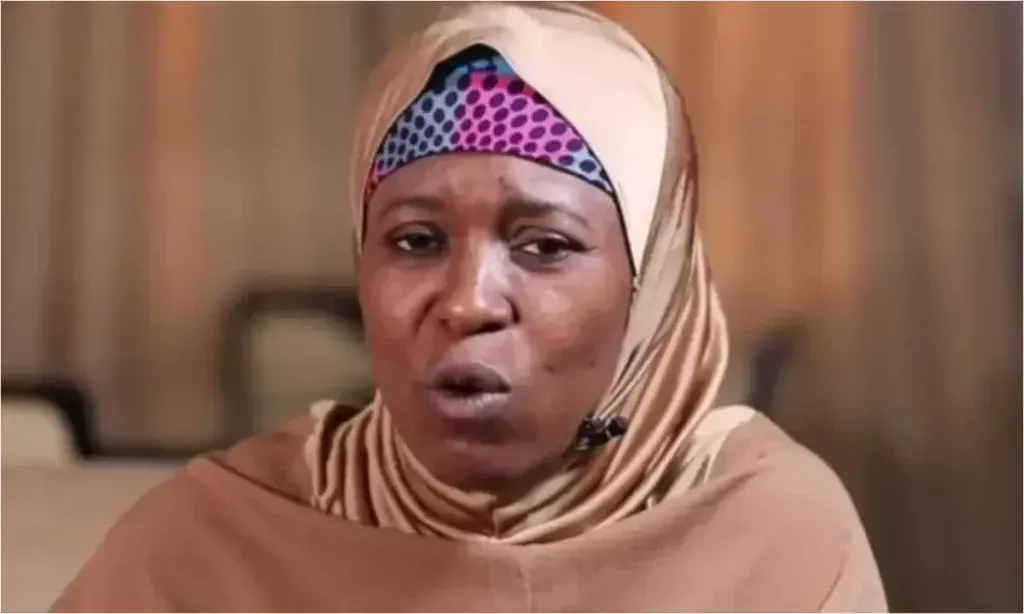In a jaw-dropping revelation, the factional Speaker of the Rivers State House of Assembly, Martins Amaewhule, disclosed the compelling reasons behind the mass defection of 27 lawmakers from the Peoples Democratic Party (PDP) to the All Progressives Congress (APC) on December 11, 2023.
Speaking passionately at the APC thanksgiving/dedication service at the Port Harcourt Polo Club, New GRA Port Harcourt, Amaewhule emphasized that the defection was executed in strict accordance with the provisions of the law. He avowed that internal fissures within the PDP had propelled their seismic political maneuver.
“Several days ago, we made the historic decision to defect within the hallowed chamber of the Rivers State House of Assembly, in strict conformity with Section 109 of the 1999 Constitution as amended,” Amaewhule declared, his voice resonating with conviction. “We meticulously adhered to due process, ensuring unwavering fidelity to the provisions of the 1999 Constitution as amended.”
“The Constitution unequivocally grants legislators the right to defect,” he continued. “Section 109, Sub-section 1g, expressly permits serving legislators to defect in the event of a division within the party upon which they hold the House of Assembly. It is palpably evident that there exists a profound schism within the PDP. Therefore, in accordance with this constitutional provision, we defected to the All Progressives Congress.”
Amaewhule expounded that their resolute decision to join the APC was catalyzed by the remarkable achievements of President Bola Tinubu and his exemplary leadership style, which had inspired their unwavering loyalty.
Addressing the lingering concerns and disinformation rife on social media, Amaewhule stressed the imperative of clarifying the lawful grounds underpinning their paradigm-shifting defection.
Navigating through the tempestuous legal challenges, Amaewhule defiantly proclaimed his faction as the legitimate team constituting the State House of Assembly, underscoring their numerical superiority. He addressed the opposing faction, led by Edison Ehie, with a scathing rebuke, categorizing their gatherings as “a meeting of four friends in a beer parlor.”
The seismic defection transpired amidst a court order restraining Amaewhule from assuming the mantle of Speaker, further amplifying the acrimonious political landscape in Rivers State. The visible fault lines in the PDP’s national leadership were cited as the catalyst for the lawmakers’ mass exodus to the APC, an event that culminated in the declaration of their seats as vacant by the incumbent Speaker, Edison Ehie, a staunch supporter of Governor Siminalayi Fubara.
The political terrain in Rivers State is undeniably charged, with ramifications that resonate far beyond its borders. The riveting complexities of this narrative illuminate the interplay of power dynamics and allegiances, intertwining with the legal fabric of the nation’s constitutional framework. This unfolding saga in Rivers State will indubitably reverberate across the Nigerian political landscape, compelling rapt attention and inciting fervent debate on the imperatives of democratic principles and the complexities of partisan realignments.
As the curtains draw on this chapter in Rivers State’s political narrative, the world watches with bated breath, cognizant of the seismic implications that ripple through the very fabric of Nigeria’s political establishment.



